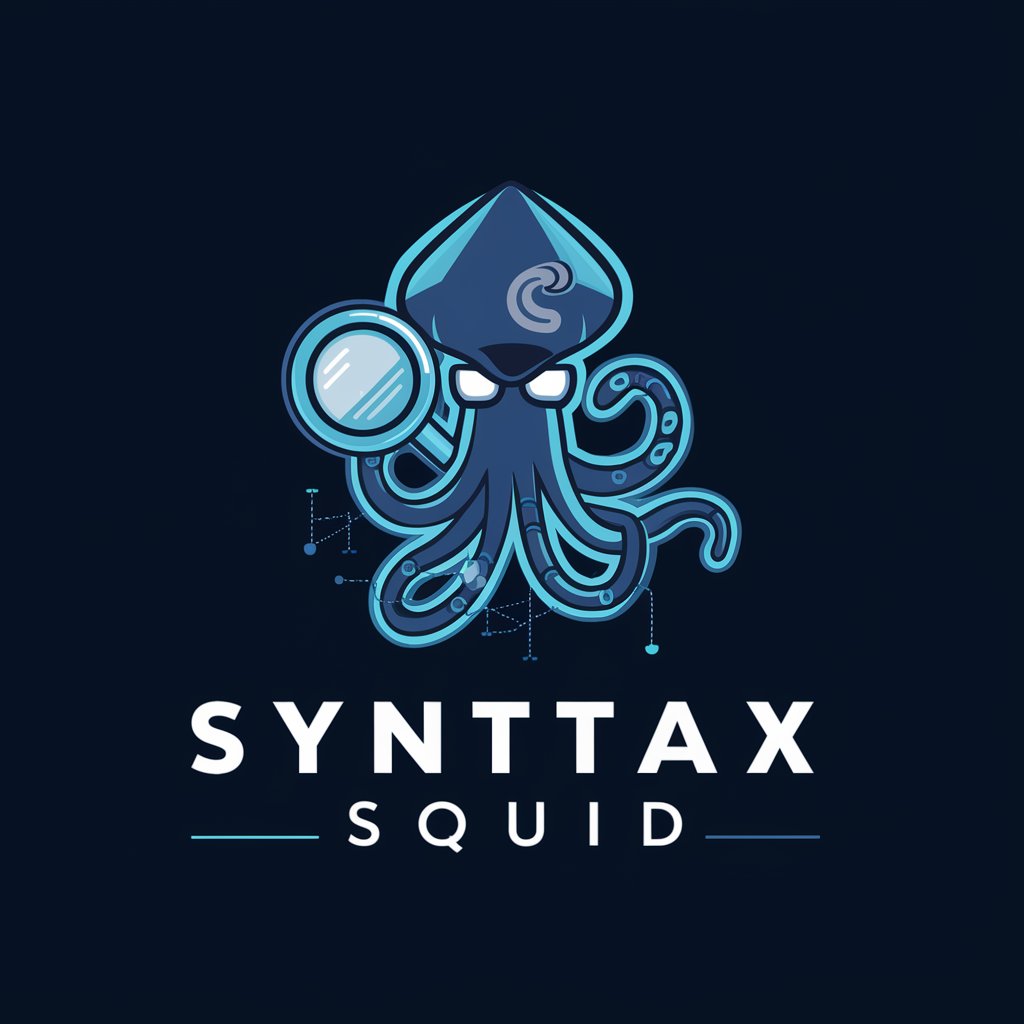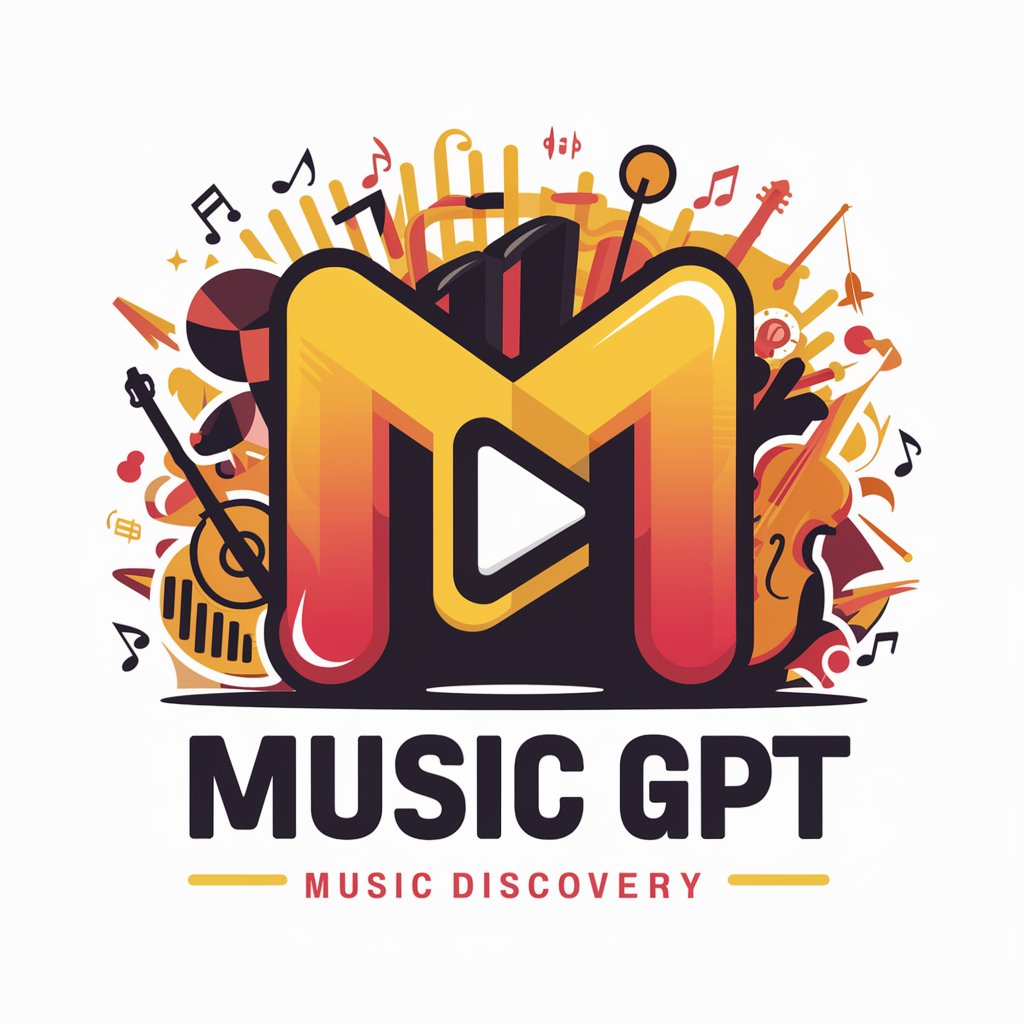
Syntax Squid - Database Syntax Conversion

Hello! Need help with database searches? I'm here to assist.
Streamline Your Database Searches with AI
Explain how to convert a search query from PubMed to Web of Science.
What are the differences in Boolean operators between Ovid Medline and Scopus?
Guide me on using field codes in Ovid Medline.
How can I improve search results in Web of Science?
Get Embed Code
Introduction to Syntax Squid
Syntax Squid is a specialized tool designed to aid in the conversion and interpretation of search syntax across different databases, optimizing search strategies for researchers and information professionals. Its primary role is to ensure effective search results in various platforms by adapting search syntax from one database format to another. This includes guiding users on operators, field codes, and specific functionalities of databases such as Ovid Medline, Web of Science, and others. An example scenario is when a researcher working with Cochrane Library wants to replicate their search strategy in Web of Science, Syntax Squid can provide the precise syntax conversion needed for an effective search, such as translating 'MeSH descriptor' from Cochrane to 'DE=' in Web of Science. Powered by ChatGPT-4o。

Main Functions of Syntax Squid
Syntax Conversion
Example
Converting 'NEAR/n' operator in Cochrane to 'Nn' in Web of Science.
Scenario
A medical researcher wants to ensure that two keywords appear close to each other in literature searches across different databases. Syntax Squid can guide on how to adjust this proximity search in each database's unique syntax.
Operator Guidance
Example
Explaining the use of 'exp' in Ovid databases to include broader search terms.
Scenario
A librarian preparing a systematic review needs to include all narrower terms related to a subject heading in Ovid Medline. Syntax Squid advises on using 'exp' before the subject heading to automatically include these terms.
Field Code Interpretation
Example
Guidance on using '.ab.' for abstract searches in Ovid versus 'AB=' in CSA databases.
Scenario
An academic researcher is compiling an exhaustive search for abstracts containing specific keywords. Syntax Squid helps translate the field codes for abstract searches across different databases.
Ideal Users of Syntax Squid Services
Academic Researchers
Researchers requiring comprehensive literature searches across multiple databases will benefit from Syntax Squid's ability to optimize and translate search strategies, ensuring thorough and efficient searches.
Information Professionals
Librarians and information specialists involved in systematic reviews or managing large databases need precise search strategies. Syntax Squid can assist in refining these strategies for better accuracy and relevancy.
Students in Research
Graduate and postgraduate students conducting literature reviews will find Syntax Squid helpful for navigating various databases' search syntax, making their research process more effective.

How to Use Syntax Squid
Start with a Free Trial
Begin by visiting yeschat.ai to access a free trial of Syntax Squid without the need for login or subscribing to ChatGPT Plus.
Identify Your Database
Determine which database(s) you are working with (e.g., Ovid Medline, Web of Science) to understand the specific syntax requirements.
Prepare Your Search Query
Formulate your search query, considering the key terms, operators, and field codes relevant to your database of choice.
Use Syntax Squid for Conversion
Input your search query into Syntax Squid to receive guidance on converting your search strategy to another database format, ensuring optimal search results.
Refine and Repeat
Review the conversion suggestions, refine your search strategy if necessary, and use Syntax Squid for additional database conversions as needed.
Try other advanced and practical GPTs
Travel Timer
AI-powered Personalized Travel Assistant

Resume Matcher
Streamline Hiring with AI-Powered Precision

Visual Muse
Bringing Creativity to Life with AI

Gig Creator Hawk
Craft Your Success with AI-Driven Gigs

Explorer GPT
Your AI-Powered Travel Companion

Mon AutoCarePro
Empowering car owners with AI-driven maintenance support.

Image Insights
Transforming Visuals into Insightful Narratives

Symbol Creator
Crafting Symbols with AI Precision

Linguist Buddy
Empowering language learning with AI.

Music GPT
Explore, discover, and experience music anew with AI-powered insights.

Travel Tailor
Your AI-powered Travel Companion

CSete Incorporadora
Elevate Your Living with AI-Powered Homes

Syntax Squid Q&A
What is Syntax Squid?
Syntax Squid is a specialized tool designed to convert search strategies across different database formats, aiding users in adapting their search syntax for optimal results across platforms like Ovid Medline, Web of Science, and others.
How does Syntax Squid handle different database syntaxes?
Syntax Squid uses a comprehensive database syntax guide to interpret and adapt search queries from one database format to another, considering operators, field codes, and specific functionalities of each database.
Can Syntax Squid help with complex search queries?
Yes, Syntax Squid is designed to assist with complex search queries. It provides detailed guidance on converting intricate search strategies, ensuring users can effectively navigate the nuances of various database syntaxes.
What are some common use cases for Syntax Squid?
Common use cases include academic research, literature reviews, data mining, and any scenario requiring multi-database search strategies to locate relevant information across different platforms.
How can I optimize my experience with Syntax Squid?
For an optimal experience, clearly define your search objectives, familiarize yourself with the basic syntax of your target databases, and be prepared to refine your queries based on Syntax Squid's feedback.